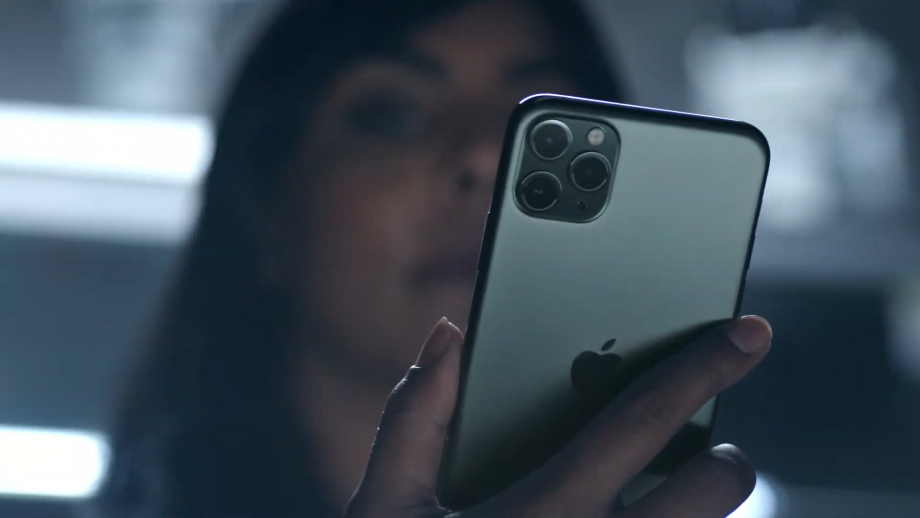Apple ditches purchase limits for iPhones, iPads, and MacBooks

After having instituted restrictions on quantities of products you could purchase, Apple seems to have backtracked and will no longer block bulk buys.
Last week, Apple decided to limit its customers to smaller order sizes, presumably by reason of the coronavirus pandemic, and in order to stop people from… hoarding iPhones?
Related: Best Phones
However, 9t05Mac reports that this restriction has been lifted, and that availability is no longer affected (apart from in China). This applies to online purchases via the Apple Store; physical retail outlets remain closed due to the risk of transmission.
The restrictions had applied to the following products in the following quantities:
- MacBook Air 2020 (x5 per customer)
- Mac Mini 2020 (x5 per customer)
- iPad Pro 2020 (x2 per customer)
- iPhone 11 (x2 per customer)
- iPhone 11 Pro (x2 per customer)
- iPhone 11 Pro Max (x2 per customer)
It’s good news that these limitations no longer apply, though frankly there must be relatively few customers looking for such big orders.
The first three of these products had hardly been unveiled before the restrictions came into effect.
We welcomed the launch of the MacBook Air 2020, which we said had delivered “exciting, major changes” including an improved keyboard, must faster processor, support for 6K displays, and Thunderbolt 3 ports for faster data transfer.
The changes were more modest to the Mac Mini 2020 (increased storage and more sustainable construction materials), while the iPad Pro 2020 has been upgraded with a new chipset and an improved camera set-up.
While we haven’t yet reviewed the previous three devices, we have run the rule over the latest iPhone range and we were very impressed by all of the models.
The base iPhone 11 packs an excellent camera and enduring battery − and for once the price doesn’t seem extortionate for an Apple product.
Related: Best laptops
In comparison, the iPhone 11 Pro and its Max big brother both offer an extra telephoto camera sensor, superior screens and fast chargers − but they are significantly more expensive too.
We’re certainly looking forward to the launch of the iPhone 12, expected in early autumn this year, to see what Apple does with what is expected to be its first-ever 5G-compatible handset.


